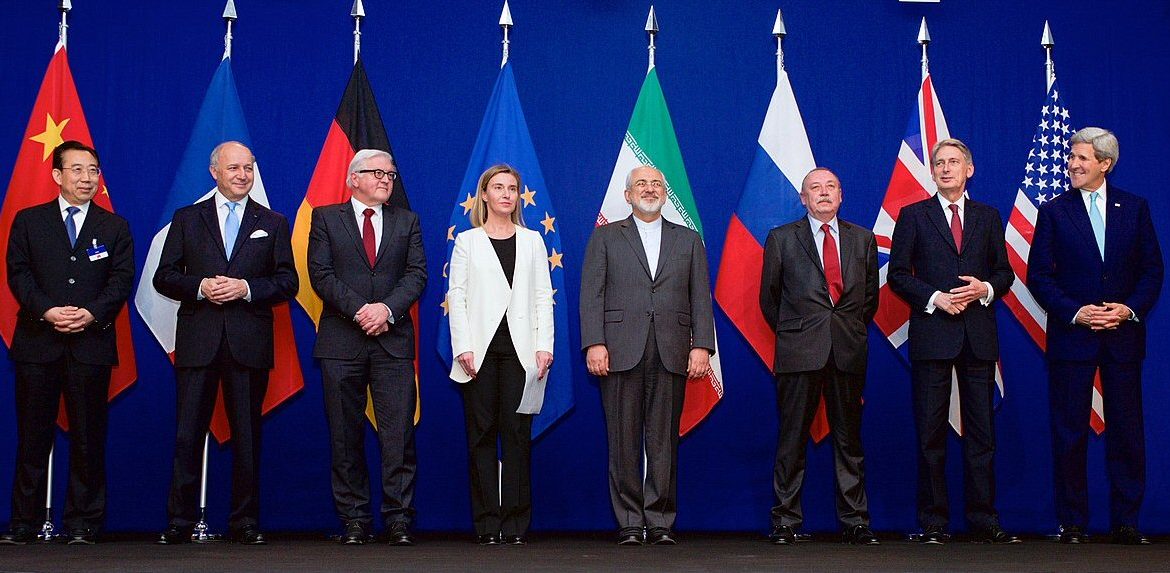A solution or choice? Diplomacy and soft power in Iran-US relations
Elsa Kotorri | 31 Jan 2020
Ideological warfare – it seems that this is happening between Iran and the United States of America lately. Since Donald Trump came to the presidency of the US, Iran cannot sleep comfortably.
The United States and Iran have been in ideological-political conflict since the Islamic Revolution of 1979. Over the past 40 years, there have been numerous ups and downs in the relations between the two countries, but things have started to deteriorate sharply since Donald Trump’s rise to power. He withdrew the United States from the nuclear deal reached with great difficulty by his predecessor, Barack Obama. The deal was aimed at reducing the Islamic Republic’s nuclear activities, offering Iran relief from economic sanctions.
More than that, both countries have been embroiled in fierce aggression by confusing international peace and including a number of other states that were part of the 2015 nuclear weapons reduction deal by Iran. As Iran faces the consequences of economic sanctions, the question arises: why did the United States withdraw from the agreement? US President Donald Trump abandoned the deal in 2018, saying he wanted to force Iran to negotiate a new deal that would put further stronger brakes on the nuclear program and also halt the development of ballistic missiles. However, this request by President Trump has led Iran to reject the new treaty changes by gradually withdrawing and threatening to increase the amount of uranium production. This statement by the Iranian government was meant to aggravate relations between the two countries, bringing empirical consequences through concrete attacks.
The murder of Iranian Quds Force commander Qasem Soleimani on January 3 at the Baghdad International Airport also brought finalisation of Iranian threats by attacking US bases in Iraq in response to the United States’ deadly attack on the commander. The United States has received mixed reactions from the international community. The UN has called on both countries to refrain from their actions in the future, while other internationals feel the danger that peace is at stake and could lead the world to a third world war.
Various sources report that most of the decisions the White House has taken on Iran have been made without consulting the US Congress, and this leads us to believe that, more than international, this issue may be personal between the two leaders. In my opinion, both countries can hold talks to normalise relations, finding support in international law as well, but this issue is narrower and exists in the minds of both leaders. This seems like a game to show their mental powers by using discrete diplomacy and justifying themselves that all this is for world peace.
Attacks, harsh public statements, justified killings with weak and unproven arguments and threats can never be elements of soft power. And more so to feel proud and irresponsible with the utopian situation that has been caused. Some phenomena, in my opinion, cannot be explained by international law, as today diplomacy and peace are the strongest justification for launching a war, but are the weakest reasons to end it. History has often shown us that conflicts usually start from large countries or at least claim to be superpowers, and always disappear from “small” countries that are never taken into account for their contribution and potential.
Improving relations between the two countries is not distant but difficult, and this is because the right cards are playing from the wrong countries. Diplomacy and all its means, more than ever before, is weak and worthless to regulate relations between the two countries. Diplomacy and soft power do not always mean solutions, they sometimes mean choices.
Photo: The ministers of foreign affairs and other officials from the P5+1 countries, the European Union and Iran while announcing the framework of a Comprehensive agreement on the Iranian nuclear programme on 2 April 2015. [Wikipedia Commons]










Leave reply